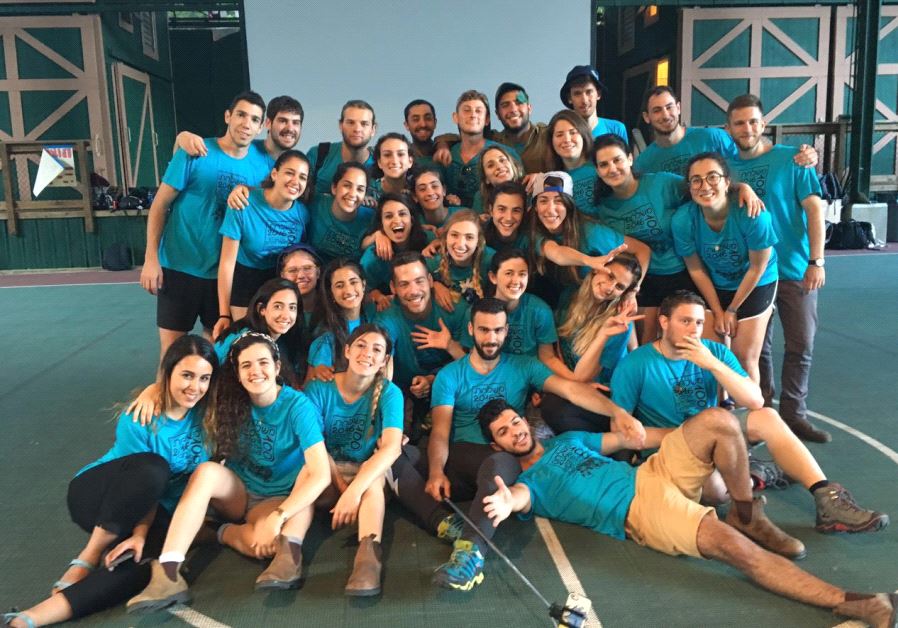Midsummer Camp’s Dream: Telling a unique story about Israel
With the Jewish Agency’s Summer Shlichim program, young Israelis and North American counterparts learn about one another.
 The Jewish Agency’s Summer Shlichim program(photo credit: JEWISH AGENCY)Updated:
The Jewish Agency’s Summer Shlichim program(photo credit: JEWISH AGENCY)Updated: